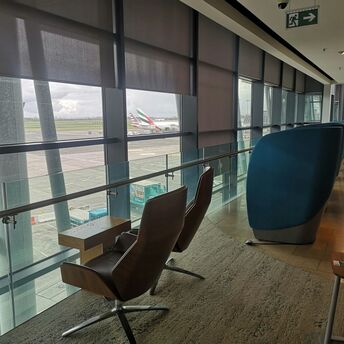Spring Travel at Risk as Scottish Bus Strike Looms

A large-scale strike is looming across western Scotland’s bus network as over 500 Stagecoach drivers are voting on whether to take industrial action in response to a disputed pay deal. The union representing the workers launched a formal ballot on 31 March, which will close on 17 April. If a majority supports the action, services could be withdrawn in early May, potentially paralysing local transport across Ayrshire, Dumfries and Galloway, Lanarkshire, and parts of Glasgow.
At the core of the dispute is Stagecoach West Scotland’s proposed one-year pay increase of 4%, which the union says does not adequately reflect drivers’ responsibilities. Unite, the union leading the ballot, said that the offer amounts to Scottish drivers being paid less than drivers in any other UK region. Employees argue that they need to be compensated better for the growing operational needs as company profits have skyrocketed in 2024.
Stagecoach West Scotland is a profitable company making money on the back of our members’ hard work and long hours. The company can easily afford to put forward a fairer offer. If they don’t quickly change direction, then any strike action impacting bus services will be due to them putting profits before people.
If the strike goes ahead, the impact on tourism could be substantial. Stagecoach buses are often used on popular scenic routes, especially in the more sparsely populated rural areas where public transport options are limited. Arran, Stranraer and Dumfries visitors will find it hard to reach attractions, ferry ports or rural accommodation. For international travelers relying on buses to connect with airports or rail services, any disruption could throw off entire itineraries.
To avoid last-minute travel problems, visitors are encouraged to plan ahead by reviewing regional transport updates and securing flexible booking options. Alternatives like car rental, rail services or private transfers can help to reduce the risk of getting stuck somewhere. Tourism offices and accommodations in case of affected areas may even help, provide support or give general travel advice during strike period to the citizens.
This evolving circumstance serves as an example of the need to have contingency plans in place when traveling through areas with sparse rail networks. Those bound for western Scotland in early May may find public bus services uncertain for them with potential delays and restricted mobility. Staying informed and adaptable will be essential for navigating this disruption.



















